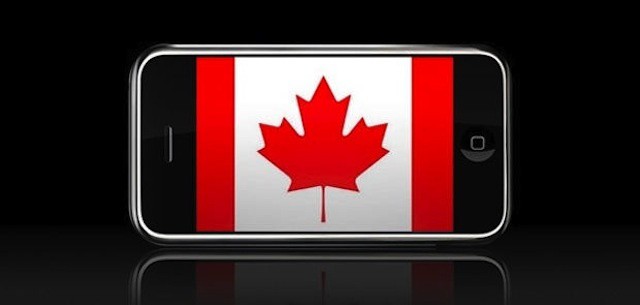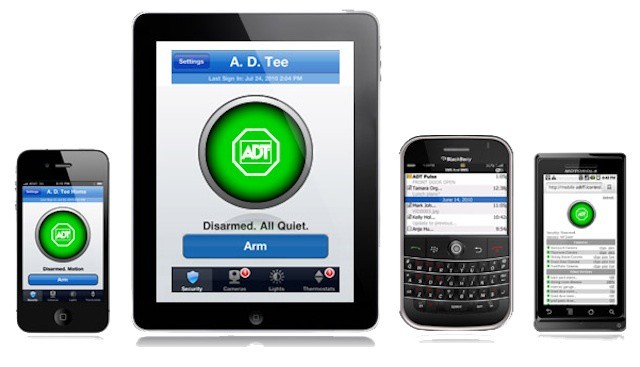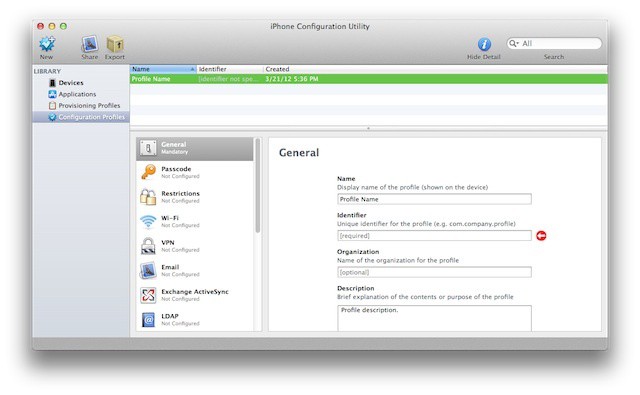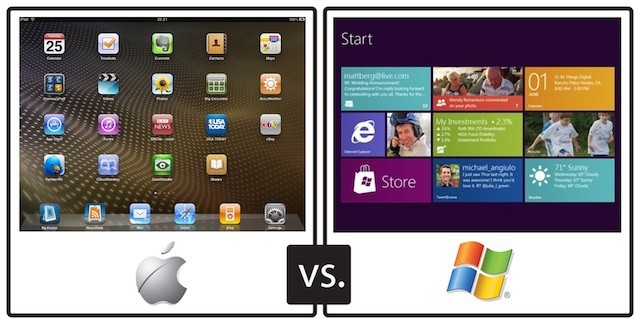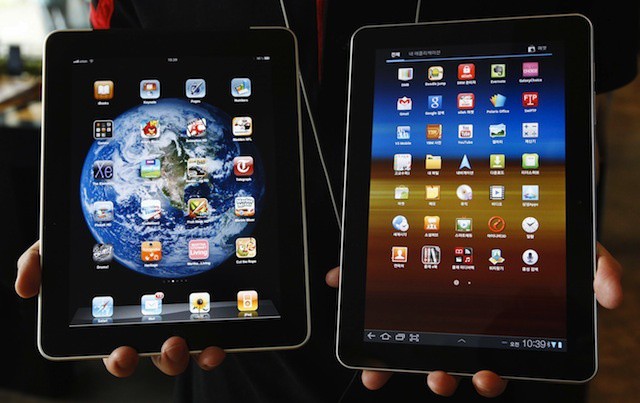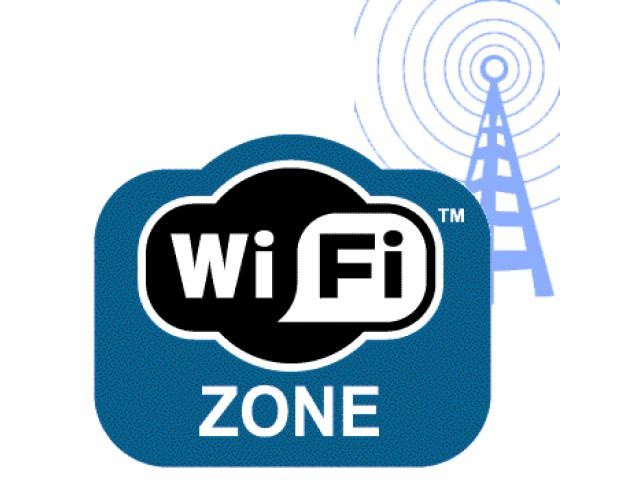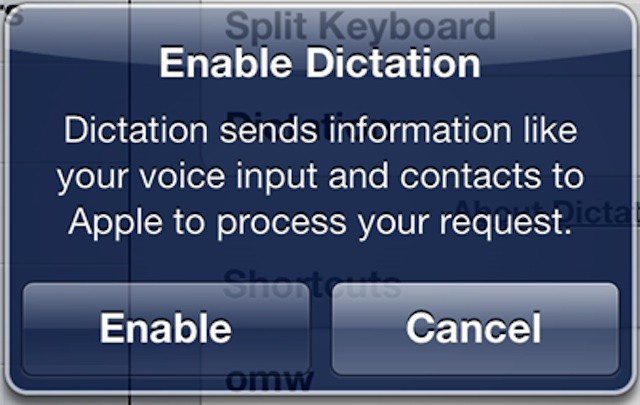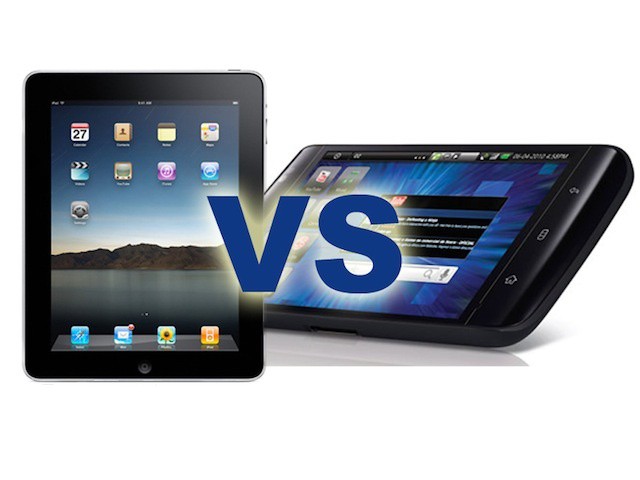Since the day the original iPad was announced more than two years ago, there’s been a constant discussion about its use in healthcare. At face value, the iPad offers a lot of tools to doctors and other healthcare professionals like access to electronic medical records (EMRs), access to electronic prescribing systems, and access to a wealth of reference materials like medication guides. To some extent the same benefits are available from the iPhone and other smartphones.
Those seem like great additions to a doctor’s daily workflows – both in the office and while on rounds at hospitals. Those great healthcare features don’t live in a vacuum, however. They live on mobile devices that also allow their owners to check-in on social networks, send and receive texts and emails, play games, and do all manner of personal tasks. That has some doctors and hospitals concerned that iPad, iPhones, and other mobile devices could actually be putting patients in harm’s way.

![Box’s New OneCloud Aims To Be iCloud For Business [Video] Box's new OneCloud partnerships make it a powerful business platform for iOS](https://www.cultofmac.com/wp-content/uploads/2012/03/boxonecloud.jpg)
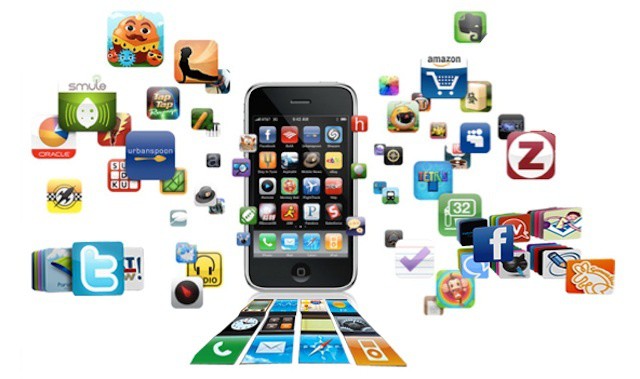
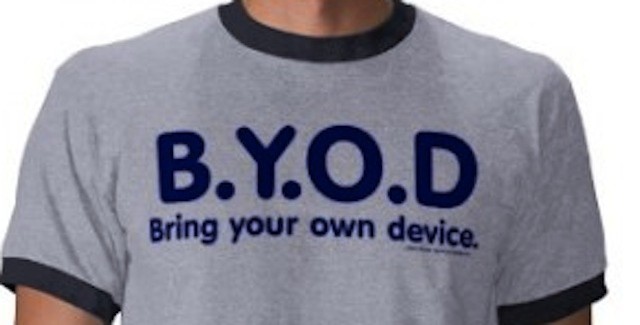

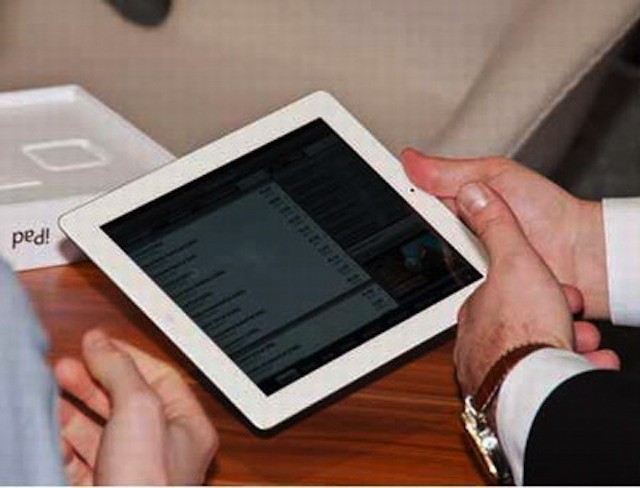

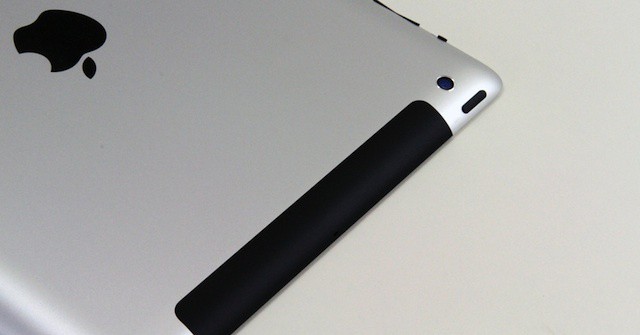
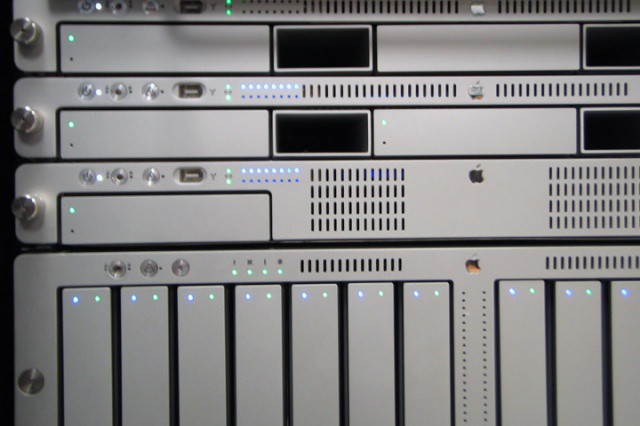
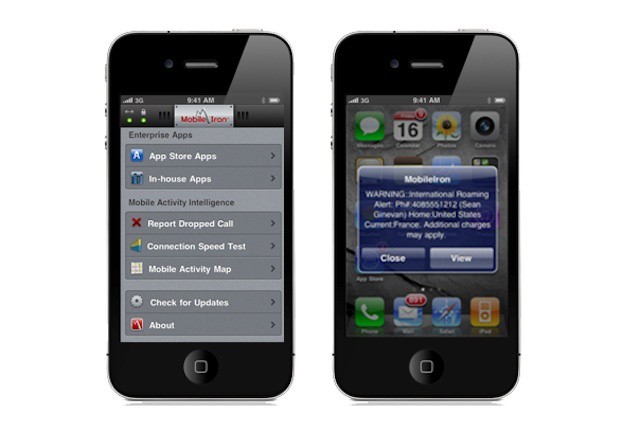
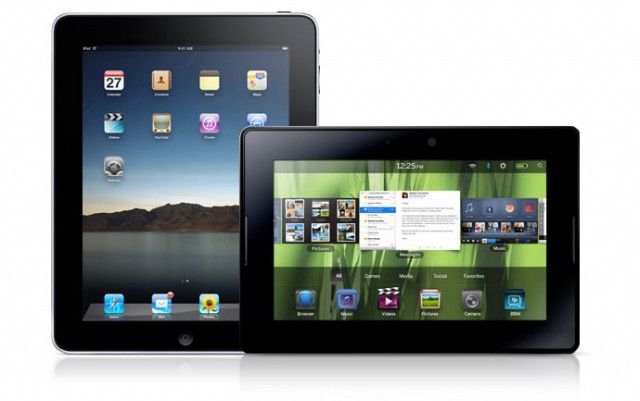
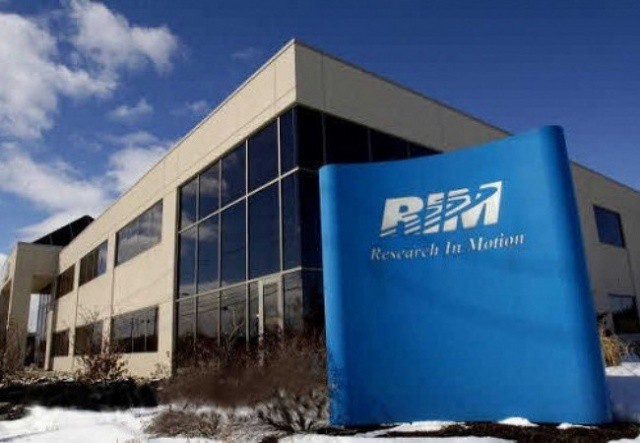
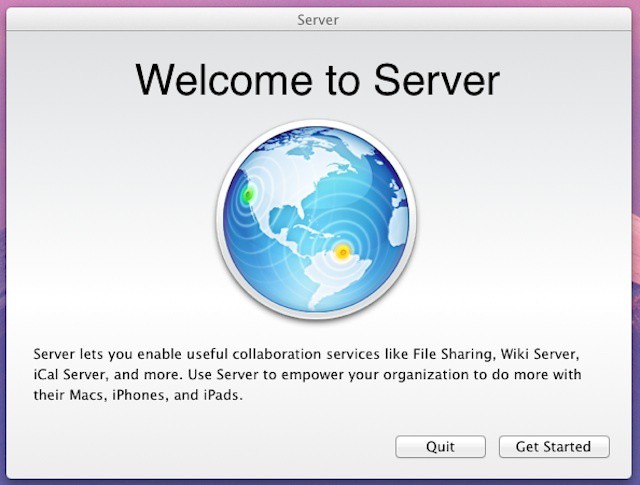
![This iPad Class For Lawyers Hopes To Settle Tiffs Over BYOD [Interview] CC-licensed, via David Ortez on Flickr.](https://www.cultofmac.com/wp-content/uploads/2012/03/law.jpg)

